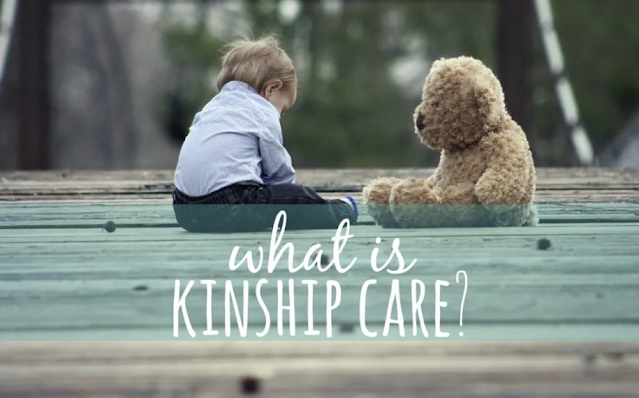It was a Monday afternoon. My daughter was home from school, sick with the last of a strep infection. I was getting as much work done as I could while she watched cartoons on the couch.
The phone rang, and I answered it. From the voice on the other end, I thought it was regarding work. Instead, in a few brief sentences, I was asked if we would be willing to care for a child who had just been apprehended by Children’s Aid. The child’s mother was a friend, and her little one had spent a few nights with us in the past. They thought it would be better for this child to be with someone familiar.
We had been approved as adoptive parents, but we had never considered foster care, or even foster to adopt. It involved court-ordered visits with parents, constant contact with the CAS, and rules. So many rules. We didn’t feel like we could handle that.
But when that phone call came, I didn’t even ask if I could discuss it with my husband. I just said yes.
I texted my husband to let him know that we’d have an extra child for a few nights.
Within a couple of hours, the doorbell rang. A social worker stood there with a confused-looking child in one arm, and a box of banana bread cookies in the other. No diaper bag, no bottles, no blankie, stuffie or extra clothes. Just the cookies.
As I took the little one from her, she asked if we had a crib. I said no, but we had a playpen that was in great shape. She said that we weren’t allowed to use a playpen. “How about a carseat? Diapers? Wipes?” she asked.
We had nothing. We weren’t prepared for this at all.
She said she’d go shopping and be back in a couple of hours. While she was gone, the three of us – my daughter, the little one, and I – rearranged my daughter’s room in preparation for the crib.
I was starting to think that this little one might be with us for more than a few nights.
When my husband came home that night, he found a brand new crib, still in the box, in our front hall. Our sons came home from school to discover a new housemate.
Those few nights turned into a full year. And we learned more in that year than we ever could have in all of our hours of PRIDE training.
You’ve heard of adoption, and you know about foster care. But how much do you know about kinship care?
Kinship care isn’t usually one of those things that you aspire to. People may feel led to build their family through adoption, or they may want to give back by becoming foster parents. They go through lengthy application processes, criminal record checks, financial and medical checks, training and more, just to become a foster or adoptive parent. But generally speaking, kinship care is one of those things that comes to you, rather than the other way around.
When a child is apprehended by the Children’s Aid, the workers inquire about family members or friends that may be able to care for the children, in addition to considering suitable foster homes.
Years ago, family members would naturally step up to care for children if the need arose. Now, this process is overseen by Children’s Aid.
In most cases, kinship care enables the child to stay connected with his or her community, friends, school, church and culture. It reduces the amount of change for them, and they don’t need to move into a completely new house and family. It’s much less stressful for the child.
Whether it’s a family friend (like us) or actual family (like grandparents or aunts and uncles), kinship carers often have personal contact with the child’s family.
That is the hardest part. The rules suddenly change. Your relationship with that family member or friend changes immediately.
And it’s hard.
For the sake of a child, it’s all worth it. But that doesn’t make it any easier.
In practice, kinship care works a lot like foster care. There are specific appointments, access visits, and meetings that the child must be taken to. Your home starts to feel like it has a revolving door, and your schedule is not your own.
Juggling your own children’s activities with the court-ordered visits (not even a broken-down vehicle and -40 weather can trump those), making sure that the paperwork is completed for every appointment, and never really being free to make your own plans … it’s familiar territory to foster parents, but it comes a surprise when you suddenly become a kinship care family.
Our few nights turned into a few months, which then turned into a year, and we loved spending that time our extra little one.
We saw so many milestones reached, so many goals surpassed, so much growth, and that was an amazing thing. We are so glad and blessed to have been a part of that.
It stretched us in many ways, we learned so much and we gained a much clearer idea of how hard the Children’s Aid Society works to reunite children with their families.
Have you heard of kinship care before? What has your experience been with it?




Post a Comment